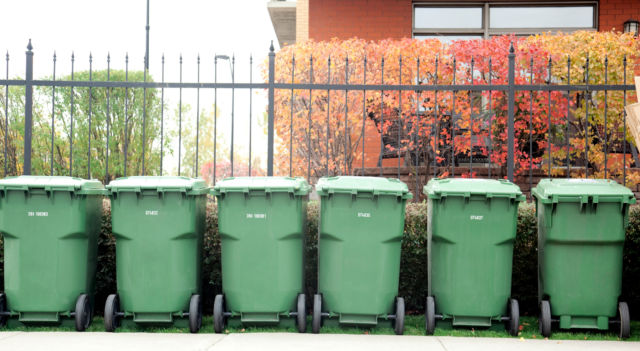Confidently tackle your recycling challenges with Diversys Software
A powerful software solution built for all types of recycling programs. Designed to integrate seamlessly, Diversys captures detailed operational data for streamlined management, accurate reporting, and effortless compliance.






